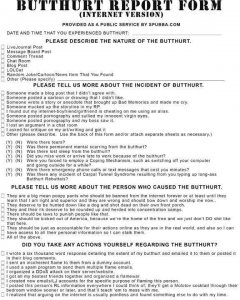Aurora
Member
- Location
- midwest USA
I have been thinking why giving advice to others who you know or not know often goes wrong. Most of the time people have
good intentions, but they look at the decision or situation from their individual point of view. If John asks Jack for advice,
John responds with what he would do if it was his choice. John has personal feelings and biases. But Jack might not be
interested at all in what John would do. John is a very different person with different life experiences. Jack wants to know
what he should do as Jack, considering his own feelings, and how he personally will handle the consequences. We all make this mistake, including counselors.
That is one reason that I feel misunderstood in general. Others don't know me as well as they think they do.
How about you? Do you agree with me about what Jack wants and expects from John?
good intentions, but they look at the decision or situation from their individual point of view. If John asks Jack for advice,
John responds with what he would do if it was his choice. John has personal feelings and biases. But Jack might not be
interested at all in what John would do. John is a very different person with different life experiences. Jack wants to know
what he should do as Jack, considering his own feelings, and how he personally will handle the consequences. We all make this mistake, including counselors.
That is one reason that I feel misunderstood in general. Others don't know me as well as they think they do.
How about you? Do you agree with me about what Jack wants and expects from John?


